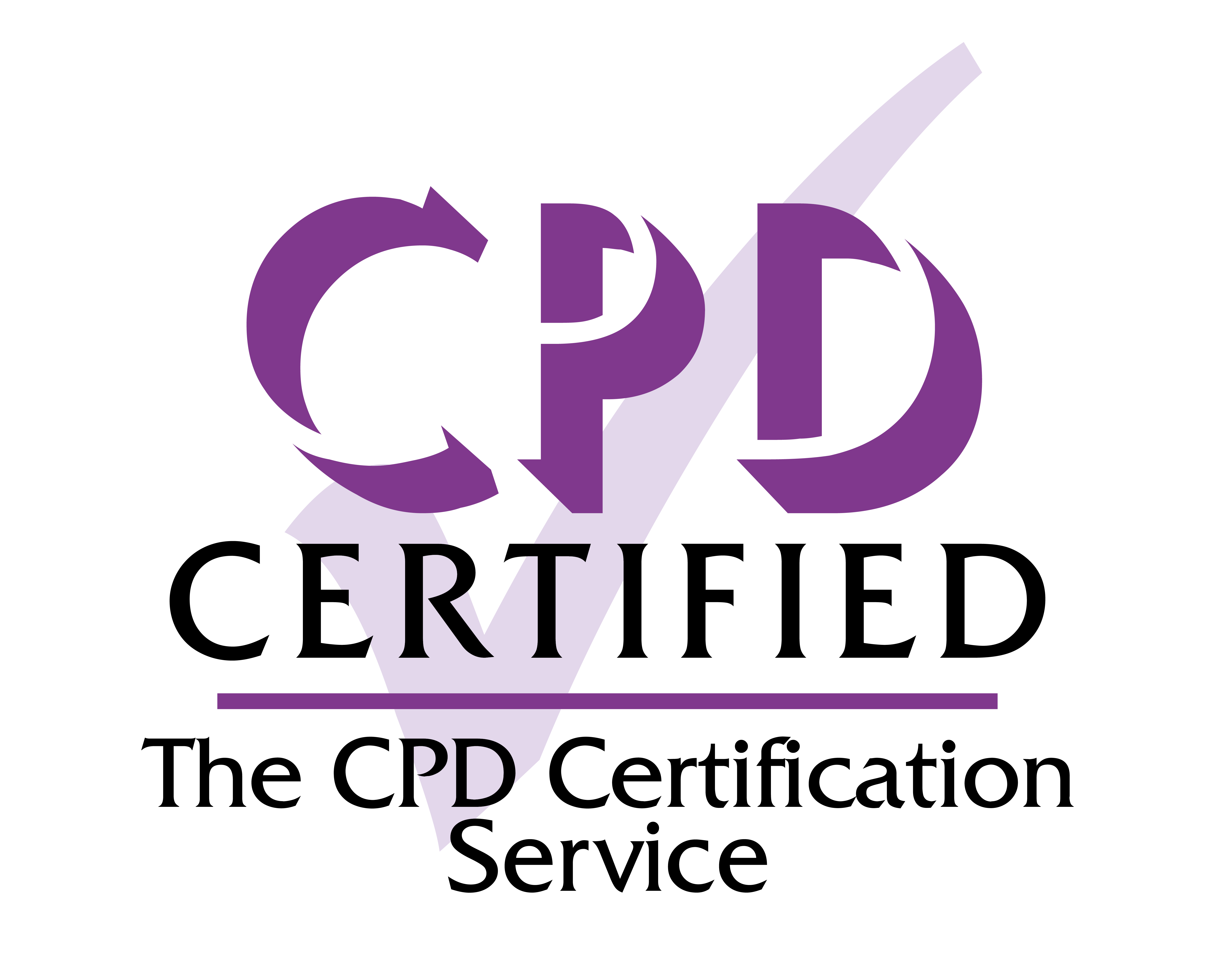Key information
Price
US$3,175
Commitment
6-8 hours per week
Study mode
Tutor guided
Certificate of Achievement
Evidence your learning with a Certificate of Achievement from the University of Cambridge on successful completion.
Duration of 8 weeks
Regular weekly participation is key to gaining the most from your learning experience.
About the course
Artificial intelligence (AI) is revolutionising the way we live and work, unlocking possibilities that once seemed unimaginable. From powering speech recognition to enabling personalised digital assistants, AI’s ability to anticipate human needs and simplify human tasks is nothing short of breathtaking.
This inspirational eight-week course is designed to bridge the gap between cutting-edge AI capabilities and human behaviour to help you harness AI’s transformative potential. You’ll delve into the fundamentals of human–computer interaction (HCI), exploring how systems respond to user input, leverage AI to predict behaviours and deliver seamlessly intuitive user experiences.
Each module provides a practical piece of the puzzle, guiding you step by step to create a fully functional design report tailored to your own goals and industry. With guidance along the way from University of Cambridge experts, you’ll master techniques like function modelling to deconstruct interactive systems and you’ll develop strategies to manage risk, governance, verification and validation. By the end of the course, you’ll be equipped to create robust systems that blend automation with human oversight – safely, meaningfully and successfully.
Tailored for senior professionals in industries such as healthcare, finance, manufacturing, technology and consumer products, the course combines hands-on practical learning with a series of case-based exercises. You’ll gain highly sought-after skills that will help you to design systems that not only meet user expectations but redefine them.
Whether pitching to venture capitalists, leading your team or influencing stakeholders, this course will help you to drive transformative AI initiatives and shape the future of human–computer interaction.

This course equals 64 hours of the CPD Certification Service(Opens in a new window) time.
This groundbreaking course explores the complexities of human–AI system design, focusing on the unique challenges of human–computer interaction (HCI). Beginning with an introduction to HCI and system modelling, you’ll discover how automation and user engagement are reshaping industries. You’ll tackle critical topics like explaining AI to users, maintaining human control and managing governance, risks and ethics. Producing a portfolio of evidence and final report, you’ll learn to identify opportunities, develop solutions and apply your insights to real-world challenges.
Module 1: What human–AI interaction enables
Module 2: Function modelling
Module 3: Automation
Module 4: Mixed-initiative systems, teaming and partnerships
Module 5: Understanding and interpreting AI
Module 6: Managing control and agency
Module 7: Governance of human–AI systems
Module 8: Evaluating human–AI systems
By the end of the course, you will be able to:
derive a solution-neutral problem statement that motivates a human-AI system and arrive at a requirements specification that can be used to test the system
design a function model of a human-AI system and analyse the types and levels of automation that can be used to address the solution-neutral problem statement
perform a risk analysis and determine the types of risks that are inherent in the human-AI system and propose mitigation activities
create a verification cross-reference matrix that can be used to verify that system requirements have been met for all deployment contexts relevant to the human-AI system
develop a strategy for managing the risks and governance issues of a human-AI system
create a validation strategy to ensure the human-AI system is fit for purpose and addresses the overall function it is intended to perform.
On successful completion of the course, you’ll receive a certificate from the University of Cambridge, along with valuable Continuing Professional Development (CPD) points and a digital badge to display on your LinkedIn profile. These Cambridge credentials not only showcase your knowledge and expertise, but also demonstrate your commitment to professional development – helping to future-proof your career.
This course is tailored for professionals at a senior or managerial level in the fields of product design, system design and user experience across sectors including consumer products, technology, software, healthcare (especially relating to the production of medical devices) and financial services (including insurance and banking).
Senior product developers: Perfect for professionals looking to integrate human–AI interaction into product design, improve user experiences and drive innovation.
Product design managers: Ideal for those seeking to understand how AI can enhance product development, streamline design processes and deliver intuitive, user-centred solutions that meet evolving market demands.
Lead system designers: Great for people who want to explore AI-driven system design, optimise user experiences and incorporate human–AI interaction principles into complex system architectures.
Directors of UI/UX: Essential for leaders looking to incorporate human–AI interaction into their processes and products.
Our flexible, online courses – delivered via a world-leading learning platform – reflect the University of Cambridge experience and values, with low learner-to-tutor ratios and academically rigorous standards.
Our online learning model is designed to help you advance your skills and specialise in emerging areas that address real-world challenges. We will help you build your network through an engaging and impactful learning journey that encourages collaboration with academics and fellow learners.
Courses are delivered in weekly modules, allowing you to plan your time effectively around existing commitments. There is an optional weekly live session, which is recorded for anyone who can’t attend. The assessment criteria will be presented to you at the start of the course, so you can approach your studies with confidence and motivation, knowing exactly what’s expected of you and how to meet those expectations.
Throughout your online learning experience with Cambridge Advance Online, you’ll have digital access to a dedicated course tutor, an expert in the field, who will help steer your learning and provide you with support and guidance every step of the way.
Level of knowledge and experience
You’ll need a good level of spoken and written English to make the most of the course (we recommend English language proficiency equivalent to an IELTS score of 7).
This course does not require a university-level mathematics background, or prior experience with AI, but due to the high-level systems-thinking approach, some experience with quantitative reasoning or critical thinking is highly recommended.
Materials and equipment
No specialist software or IT equipment required.
Sufficient internet speed (2 Mbps up/down) for video streaming.
What our learners are saying

Per Ola was a remarkable tutor. He made a very complex subject quite simple, deeply fascinating and very enjoyable. He's a very engaging speaker and I'll miss his live sessions each week!
It was really insightful to gain knowledge on how to systematically design a system and get to know the practical examples within the industry.
Live lectures were really helpful in summarising the content and bringing it to life with examples and voice overs. I appreciated the abundant Q&A time and being together real time to talk through the material.
Let’s keep in touch
Sign up here to receive news and updates about Cambridge Advance Online courses from us and relevant university departments.

